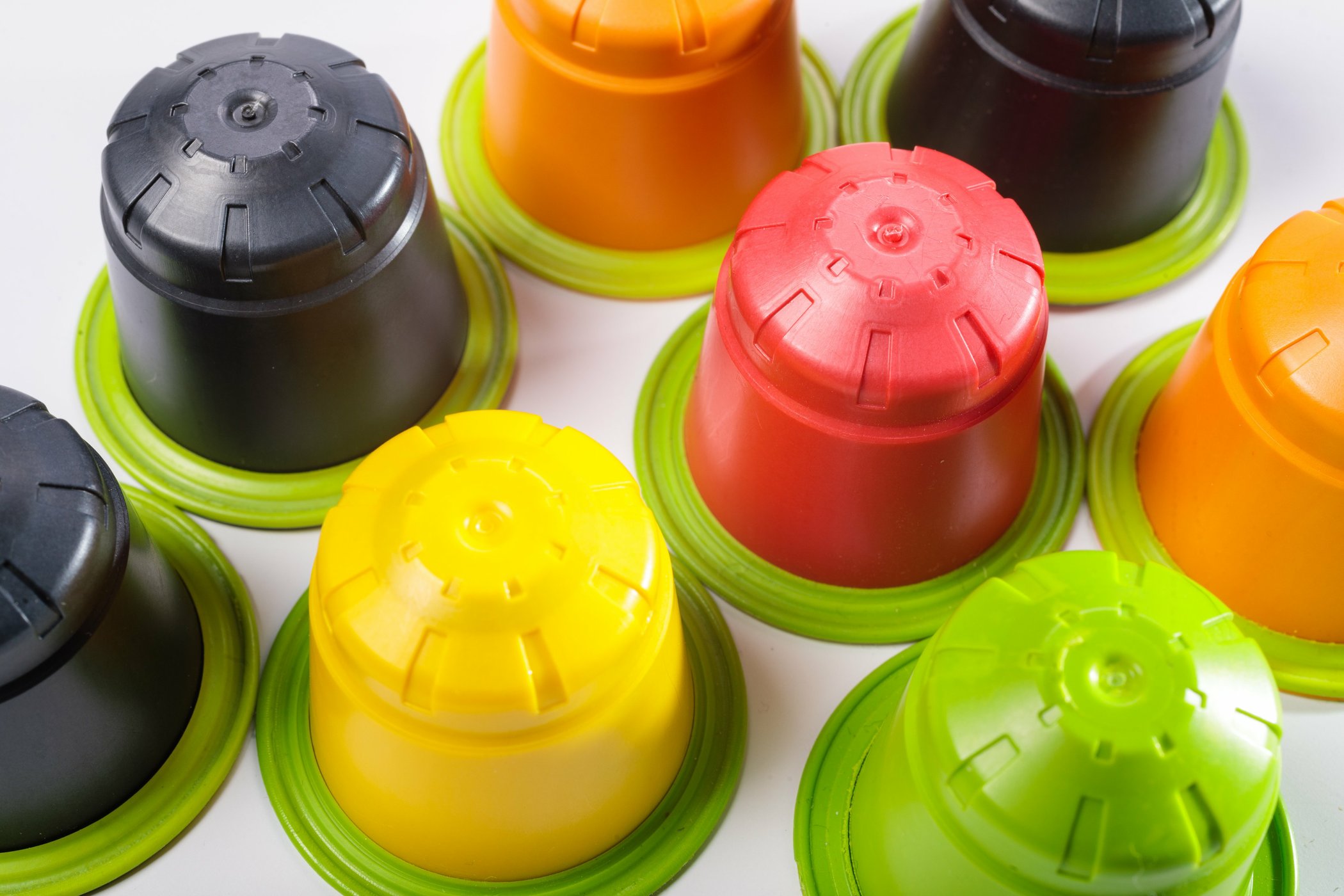
Luminy® PLA is a biobased material with a 75% reduced carbon footprint as compared to traditional plastic materials. Furthermore, TotalEnergies Corbion also offers recycled Luminy® rPLA., which contains 20% and 30% post-industrial and post-consumer recycled content in line with ISO 22095 standard. rPLA is sourced from a mix of pre- and post-consumer recycled materials. The material quantification is based on a mass-balance allocation accessed and validated by third-party certification body SCS Global Services.
"As part of our "Stay in the Cycle" campaign we have set up a number of closed loop systems where for example Luminy PLA cups and bottles are collected, sorted and cleaned and again used as raw material to make virgin quality Luminy PLA," says François de Bie, Senior Global Marketing Director. He added "Already ahead of impending Packaging and Packaging Waste regulations we are offering 20% and 30% recycle content containing Luminy® PLA to interested parties." The third party certified rPLA is commercially available, has identical properties as virgin Luminy® PLA, and comes with food contact certifications. Companies like Coexpan, Sansu and Esol are already actively offering products made from Luminy PLA containing up to 30% PLA recycle.
Alternatively, a viable end of life option for PLA is composting. “While compostable tea bags and coffee pods are already widely in use in the Netherlands, we see now an EU wide adoption advancing rapidly," said François de Bie. Compostable tea bags and coffee pods reduce plastic contamination of compost and prevent valuable organic biomass from ending up in landfill or incinerated. Recently, our collaboration with Danimer Scientific resulted in the launch of home compostable compounds for a range of packaging applications, which are available in the market.







